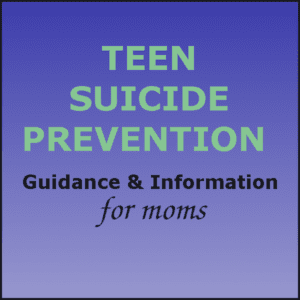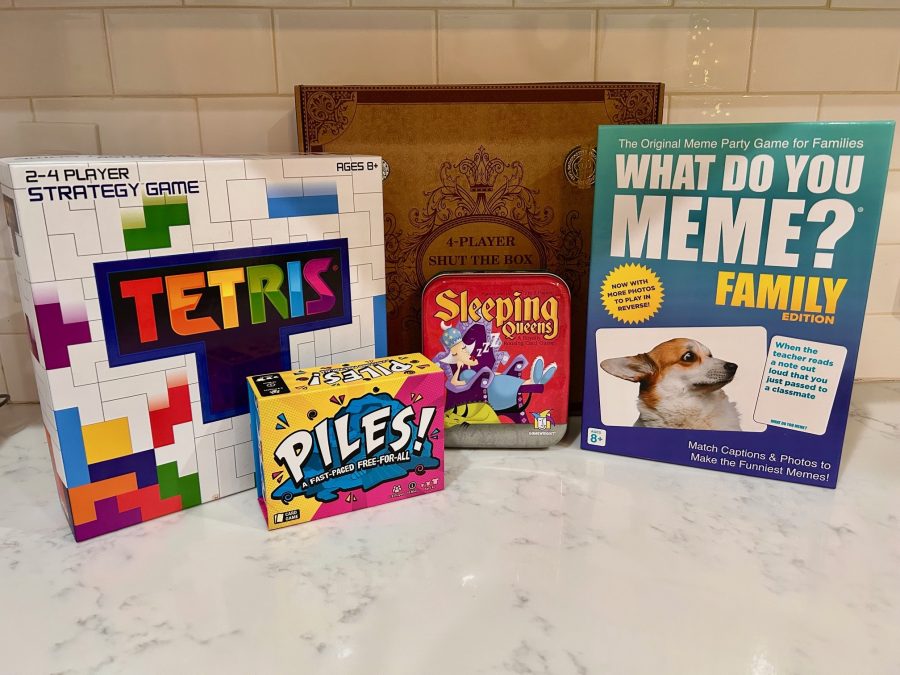 The recent death of beloved actor Robin Williams has really opened a lot of people’s eyes to the impact that depression and suicide can have on even the most cheerful among us. Did you know that suicide is the second leading cause of death for ages 10-24? As a mom it’s hard for me to wrap my head around, but as a social worker I totally get it.
The recent death of beloved actor Robin Williams has really opened a lot of people’s eyes to the impact that depression and suicide can have on even the most cheerful among us. Did you know that suicide is the second leading cause of death for ages 10-24? As a mom it’s hard for me to wrap my head around, but as a social worker I totally get it.
Adolescence and early adulthood are tumultuous times, and kids often feel hopeless, misunderstood, and confused. Add to this a bunch of interpersonal conflict and the fact that teens are not yet capable of understanding the long term consequences of their actions, and you’ve got a recipe for disaster. So what can you do to help minimize your child’s risk of suicide? Here are some practical tips:
- First and foremost, don’t be afraid to talk about it. You won’t put any ideas in his head or make him more likely to kill himself. If he’s already having thoughts of suicide, he may feel more comfortable telling you if you’re the one who brings it up.
- Take threats seriously. People who make direct or indirect threats of suicide are much more likely to actually kill themselves. Even if her comments are vague, such as “You won’t have to deal with me much longer,” or “I hate my life,” ask what she means and if she’s been having thoughts of suicide.
- Watch for signs of depression. If your child suddenly seems hopeless, uninterested in things he used to enjoy, increasingly irritable or aggressive, or otherwise shows a big change in his personality, behavior, or habits, these may be signs that he’s depressed. Talk with him about it, and consult with your pediatrician and/or a licensed mental health professional. Younger kids sometimes don’t have the words to say how they feel, but their bodies will give them away. If your child has frequent unexplained headaches or stomachaches, consider whether he may be experiencing symptoms of depression.
- Stay calm. As terrified as you may feel at the prospect of your child hurting herself, she needs you to be a parent now more than ever. If you panic you risk alienating her, so try hard to let her know that she can rely on you to help her stay safe.
- Assess the risk. If your child acknowledges having thoughts of suicide, ask him whether he has a plan. If so, has he started gathering supplies or making arrangements? Has he chosen a date and time? The answers to these questions will help you decide how to proceed.
- Get help. If your child is suicidal, do not leave her alone. Be sure that all firearms, knives, and medications are put away where she cannot get to them. If you think she needs to be hospitalized, you can call 911 or bring her to the nearest emergency room. If you’re not sure, you can call 1-800-273-TALK any time of the day or night to reach a trained crisis counselor who can help you and your child make a plan to stay safe, whether that means using her coping skills to take care of herself until she can get treatment or going to the hospital immediately.
No mother wants to imagine her child in such desperate pain that she takes her own life, but it’s important to remember that suicide is a tragedy that strikes across all racial, social, and economic groups. It can happen in any family, no matter how happy. And remember to take care of yourself, too.















